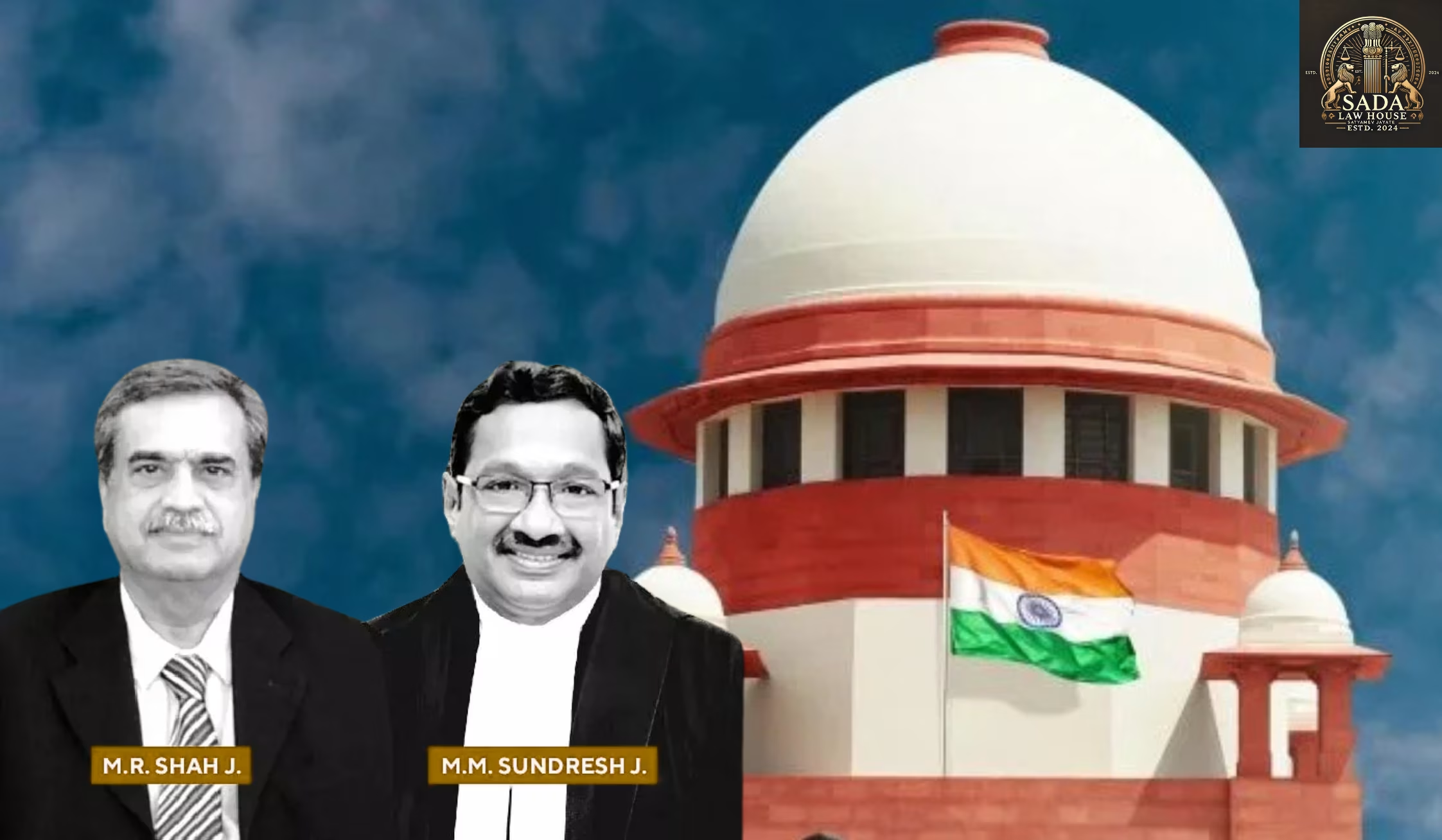Supreme Court Rules ONGC’s Prolonged Land Occupation Unconstitutional Under Article 300A
- REHA BHARGAV
- 19 June 2025

The Supreme Court of India held ONGC‘s two-decade-long occupation of private land without acquisition illegal under Article 300A. Learn about the judgment, key legal issues, and its impact on land acquisition law in India.
Introduction – Landmark Judgment on Right to Property in India
In a significant ruling, the Supreme Court of India in Manubhai Sendhabhai Bharwad & Anr v. Oil and Natural Gas Corporation Ltd. & Ors (decided on January 20, 2023), reinforced the constitutional right to property under Article 300A. The case involved unauthorized land possession by ONGC for over two decades without formal acquisition or fair compensation.
The judgment highlights that temporary acquisition cannot become permanent by default, and state authorities must comply with the law when using private land for public purposes.
Case Background – Facts and Timeline
Origin of the Dispute
In 1996, ONGC temporarily acquired land measuring approximately 10,034 square meters in Village Vastral, Ahmedabad, for petroleum exploration.
Over 20 years passed without formal acquisition under the Land Acquisition Act, 1894 or the Right to Fair Compensation and Transparency in Land Acquisition, Rehabilitation and Resettlement Act, 2013.
Ownership Transfer and Legal Action
The land was sold to Manubhai Sendhabhai Bharwad and another in 2005.
After realizing ONGC’s continued occupation without legal backing, the appellants filed a writ petition in the Gujarat High Court in 2016.
Though ONGC issued a notification under the 2013 Act, it later withdrew the process citing high compensation costs.
Legal Issues Raised
Central Legal Question
Does long-term occupation of private land without lawful acquisition violate the constitutional right to property under Article 300A?
Petitioners’ Arguments
Violation of Article 300A: Continuous occupation without acquisition proceedings was unconstitutional.
Inadequate Compensation: ONGC paid nominal rent (₹24/m²/year, later ₹30), while market value was over ₹1000/m²/month.
De Facto Acquisition: ONGC’s extended “temporary” use became permanent without following due process.
Delay and Deception: Petitioners accused ONGC of delaying formal acquisition despite assurances in court.
ONGC’s Defense
Consent-Based Possession: ONGC claimed initial consent and regular rent payments validated its occupation.
No Immediate Need for Acquisition: Due to the temporary nature and compensation, acquisition wasn’t urgent.
Financial Constraints: High compensation deterred ONGC from completing acquisition.
Public Purpose Justification: The land was used for vital energy exploration, benefiting national interest.
Supreme Court Judgment – Upholding the Rule of Law
The Supreme Court of India condemned ONGC’s actions, emphasizing that no authority can hold land indefinitely without legal acquisition and fair compensation. The Court declared ONGC’s occupation a violation of Article 300A, reinforcing that the State cannot bypass constitutional protections.
Key Directions by the Supreme Court
Mandatory Acquisition: ONGC was directed to complete land acquisition under the 2013 Land Acquisition Act by April 30, 2023.
Non-Compliance Clause: Failure to acquire would require ONGC to vacate and return the land.
Rent Argument Rejected: Nominal rent payments do not substitute legal acquisition procedures.
Constitutional Accountability: Public authorities are bound by constitutional law, regardless of the purpose.
Conclusion – A Win for Landowners and Property Rights
This landmark verdict reinforces the right to property and sends a strong message to public bodies: prolonged occupation without acquisition is illegal and unconstitutional. The Supreme Court’s judgment ensures that landowners cannot be deprived of their property arbitrarily, and that fair compensation and due process are essential in any land acquisition case in India.
Key Takeaways
The right to property under Article 300A is constitutionally protected.
ONGC’s 25-year occupation was ruled illegal by the Supreme Court.
Public purpose cannot override due legal procedures.
Government entities must comply with the 2013 Land Acquisition Act.
The case sets a precedent for fair compensation and legal acquisition processes in India.
Case Laws






